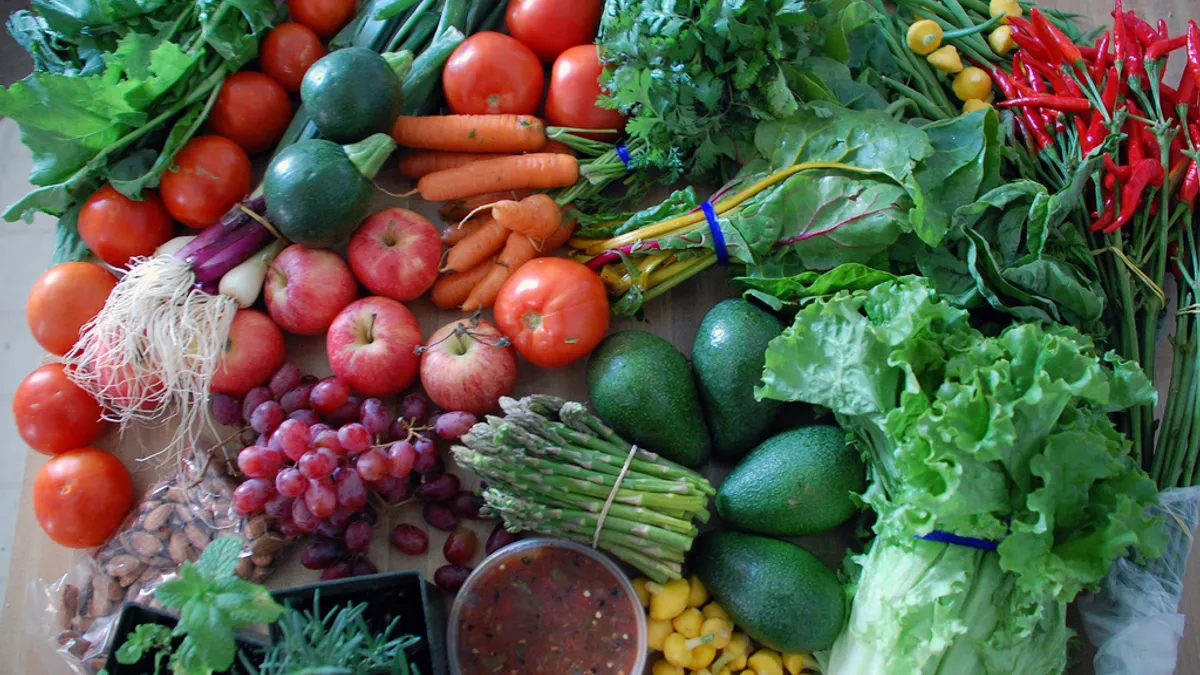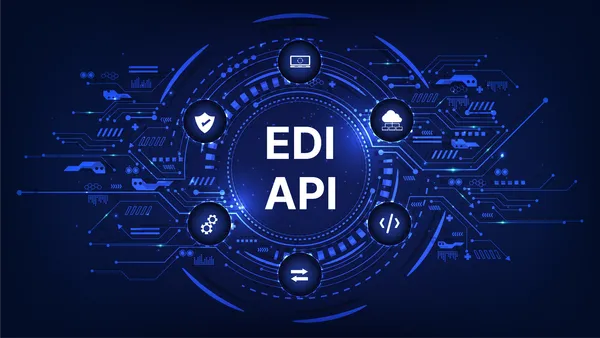Dive Brief:
-
IBM launched its blockchain-based platform for tracking and tracing food in the supply chain on Monday. The IBM Food Trust, now available for commercial use, connects growers, processors, distributors and retailers "through a permissioned, permanent and shared record of food system data," according to the company website.
-
The Food Trust is built on the Open Standard Hyperledger Fabric powered through IBM's Blockchain platform. The Trust opens up users to a permission-based access to information on the food ecosystem, which enables controlled data publishing and sharing. Participation is free, but software as a service modules need to be purchased through subscriptions.
- After 18 months of development, IBM's Food Trust solution has garnered users like Walmart, Nestle and Dole. French retailer Carrefour will use IBM's system to track some of its branded products, reports Supply Chain Dive. The store will eventually deploy the technology generally by 2022.
Dive Insight:
Consumers' desire to know where their food comes from and how its made is increasing. Through blockchain, food companies are able to digitize the products' journey from farm to plate.
Structured around a modular solution to accommodate varying business's needs and the addition of new products, IBM's Food Trust is built using open source for interoperability. It incudes tracing, certifications, and data entry and access.
Blockchain has helped pull IBM out of a revenue rut while also helping an industry avoid trouble. In April, an E. coli outbreak linked to romaine lettuce from Arizona spanned the U.S. but identifying the source was a challenge for the U.S. Center for Disease Control and Prevention.
A few months later, the grocer Publix issued a recall of beef products linked to E. coli with the source also initially unknown.
Health and safety standards, as well as a consumer desire for more natural and organic products, are making food companies more inclined to participate in the traceability technology.
To better understand the quality and state of food, companies, like Starbucks, are embracing the digital ledger system so consumers trust their goods.
Thought experts agree the "winning" blockchain platform is yet to be seen, IBM's Food Trust is racking up notable customers and could help change the perception of the ledger system. The platform will only work as efficiently as its participants as traceability weakens inadequate involvement.












